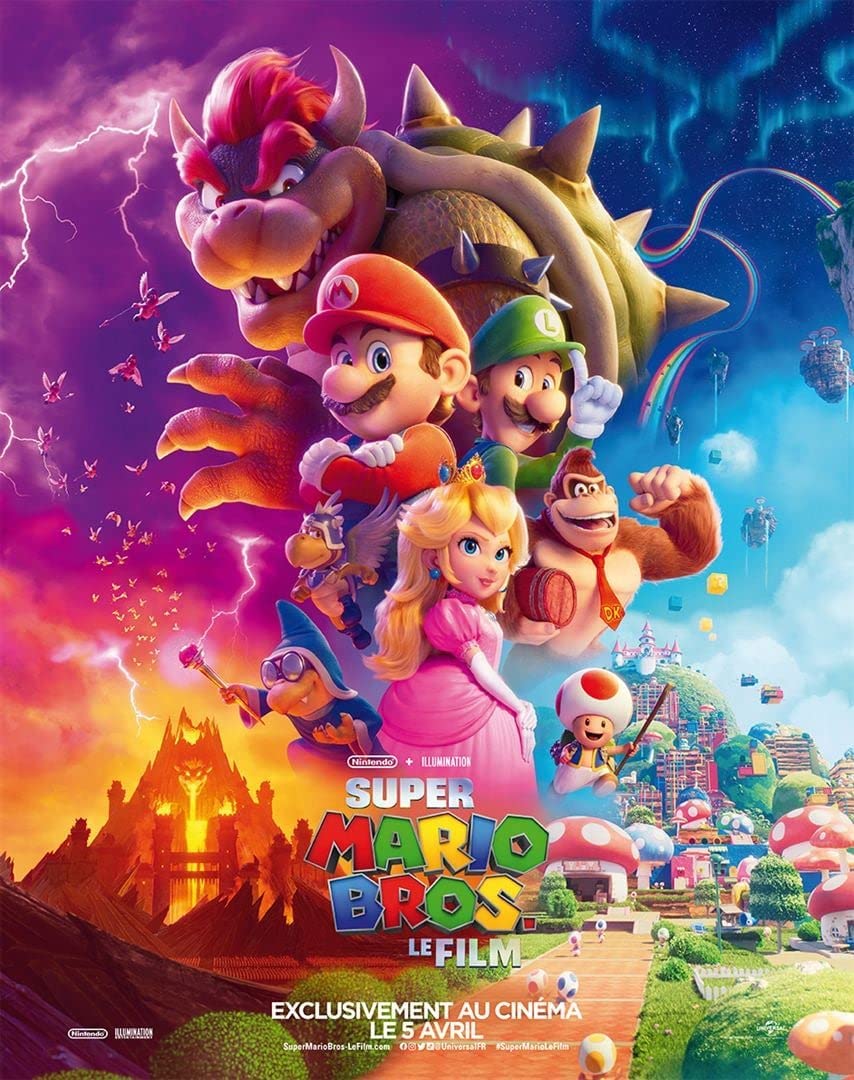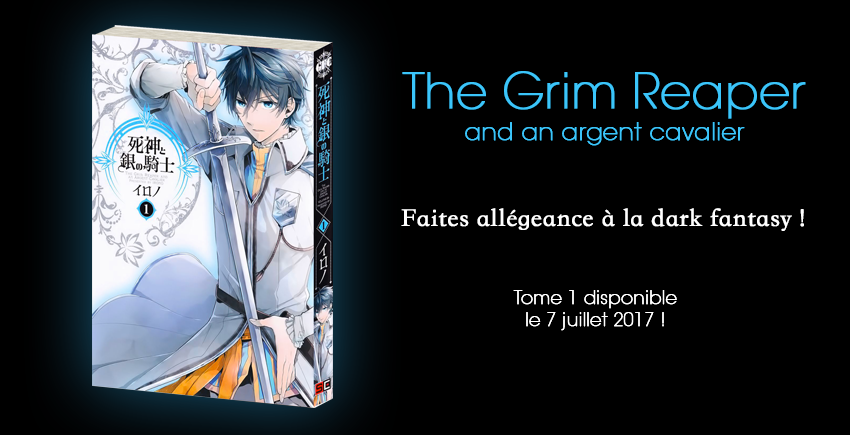Everyone will especially remember Johnny Hallyday as a singer and a huge artist. Music is not his only passion. He has always proclaimed his love for cinema and his dream of being an actor. A look back at the film career of our national Johnny. He had also planned to go behind the camera to adapt The Wild Equipped.
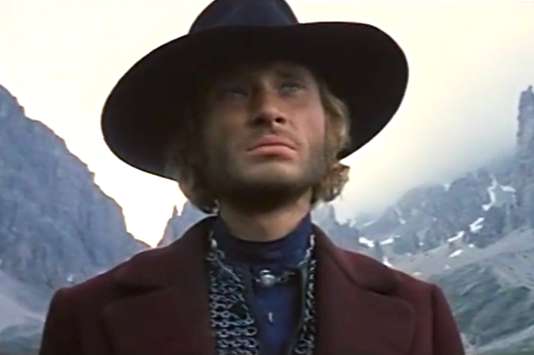
Jean-Philippe Smet made his film debut in 1954 at the age of 11 with a short appearance in Henri-Georges Clouzot's Les Diaboliques. Very quickly, the 7th art spots the idol of young people and stages him in the role he masters best: the dynamic and rebellious crooner! In Les Parisiennes by Marc Allégret (1961) we see him singing his current (and eternal) hit "Retiens la Nuit" in the company of a young blonde: Catherine Deneuve. He will chain small roles of singers, the possibility of reconciling his two loves: music and cinema. The 60s will be the opportunity to see him in half a dozen films with as climax, the role of Hud, a specialist who wants to avenge his brother in The Specialist by Sergio Corbucci (1969).
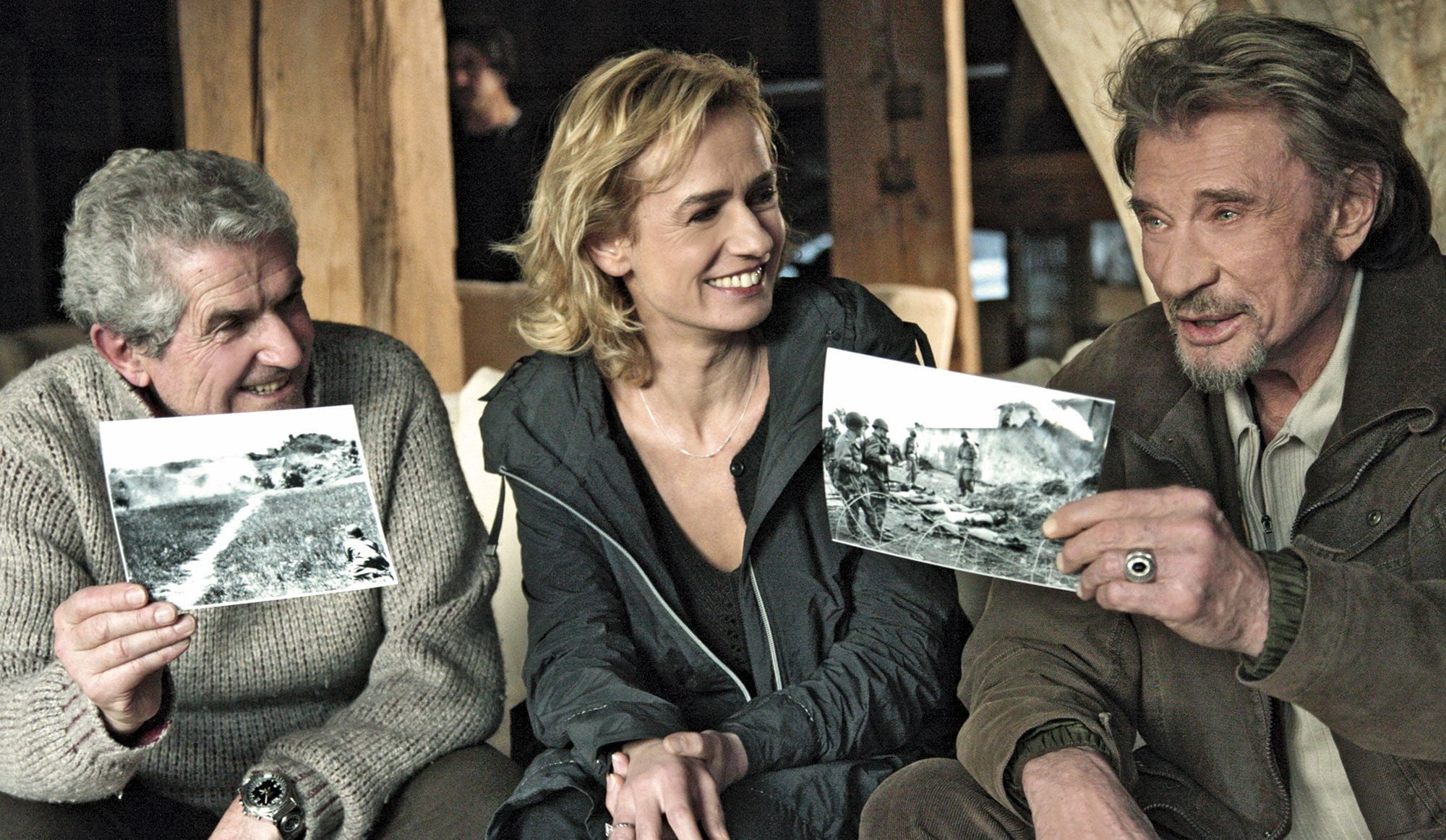
It was in 1972 that Johnny Hallyday touched a little more of his dream by embodying his own role (with the self-mockery and humility that we love about him). L'Aventure c'est l'Aventure by Claude Lelouch is presented at the opening stage on the Croisette. From now on, Johnny is more attentive to the roles he is offered and wants to tour with nonconformists. Jean-Luc Godard finds satisfaction in his eyes and makes him play Jim Fox Warner, a boxing match organizer completely broke in Detective (1985). The film caused a sensation at Cannes, where Johnny's interpretation was praised and Jean-Luc Godard 's face was marred by a "fan". The big names in cinema are rushing to play the singer. Maurice Pialat and Costa-Gavras are among the contenders and it is the last one who will finally stage him in Conseil de Famille. On a lighter note, he closes the nineteenth century by embodying his own role (a position he will resume later), in Alain Berbérian's Paparazzi alongside Vincent Lindon, Patrick Timsit and Carla Bruni (1999).
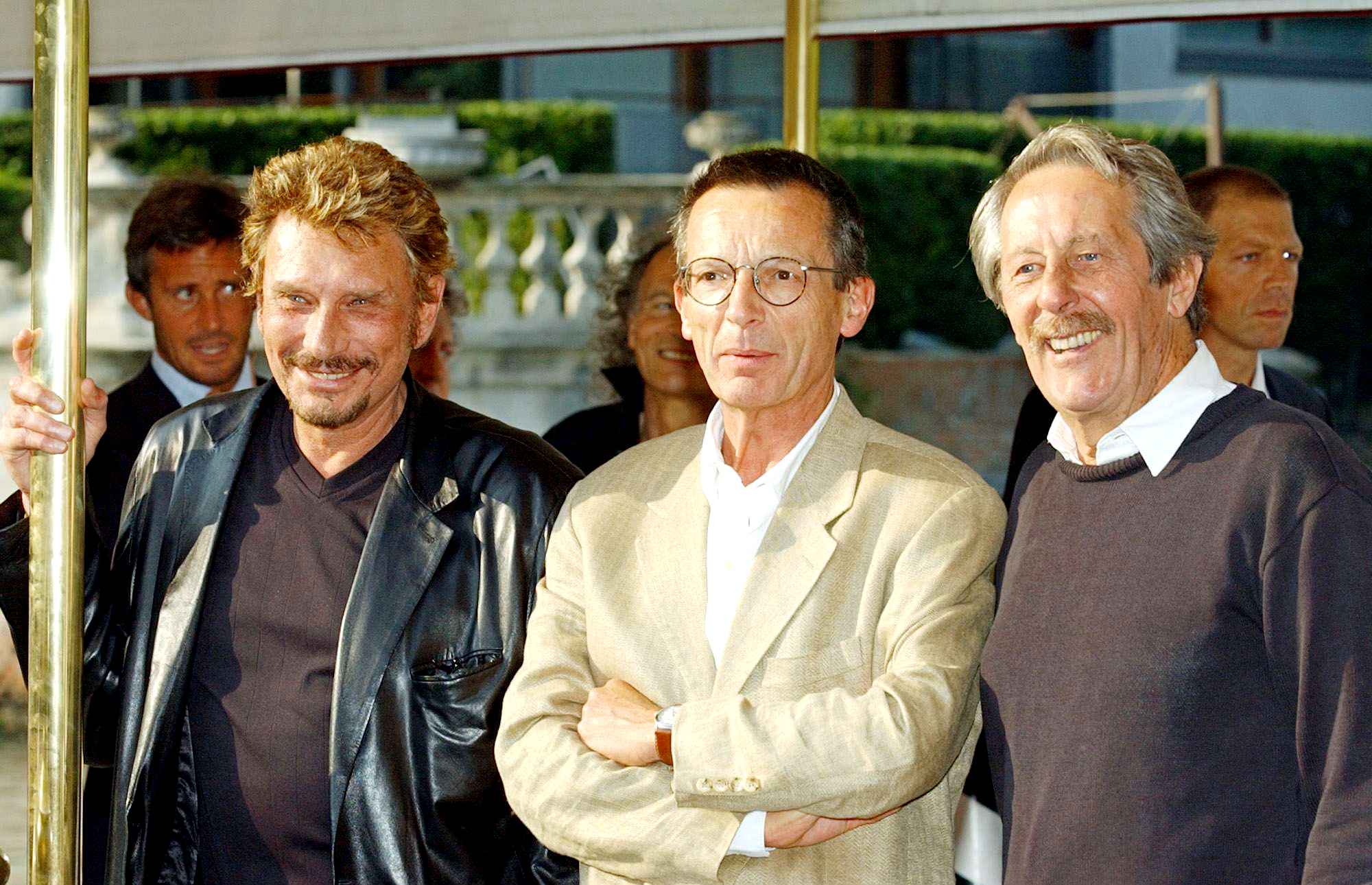
He returned in the 2000s in increasingly serious and dark roles and in tune with his voice. Patrice Leconte cast him in L'Homme du Train (2002), and he won the Jean Gabin prize (while Rochefort left with the Best Actor prize at the Venice Film Festival). Johnny Hallyday does not hide the luck he knows in the cinema. He grew up with Elia Kazan 's films and a black and spectacular cinema, he worked with the greatest French talents. Jean Rochefort is raving about him:
"I met a genuine, anxious man, extraordinarily uncomfortable in his own skin, which is very endearing. Not having the confidence in himself that one might imagine of a showbiz star, the man is fragile. He was very impressed to find himself facing a real role in a real A-movie. He was very intimidated at first and I tried, Leconte too, to give him confidence."
Although his music is not exported, his mouth pleases filmmakers and we find him in films at the antipodes of the (false) public image that we have of him. He played opposite Depardieu, Richard Bohringer, Renaud, Saïd Taghmaoui and…. Harvey Keitel in Brad Mirman's Wanted (2003), a comedy of petty crooks. He turns for the great Johnnie To in Vengeance (2009), a role first written for Alain Delon. Johnny Hallyday becomes Francis Costello – we think of Jeff Costello in The Samurai by Jean-Pierre Melville (1967), a cook, ex-hitman who came to Hong Kong to avenge the death of his daughter. A purely hallydesque role!The two Johnnies walk again, this time together, the red carpet of the Cannes Film Festival in Competition.
"I didn't imagine the idol he was! But it wasn't until I met him that I knew we could work together. I had to see him to understand everything he gives off."
Johnnie To

Speaking of Johnny Hallyday in the cinema we can not help but return to the relationship that the singer has with his image. He very often interprets his own role, as if to teach us more about himself and in a lighter tone than he does in his songs. Paparazzi was mentioned earlier and we must also mention Mischka by Jean-François Stévenin (2002) where he is Johnny the showman singer. He is still himself in Rock'n Roll by Guillaume Canet (2016) or when he finds – for the third time – Claude Lelouch with Chacun Sa Vie (2017). On a more dramatic and personal register, he moves us in Jean-Philippe by Laurent Tuel that can be described as science fiction: a fan of Johnny wakes up in a world where Johnny Hallyday does not exist and Jean Philippe Smet is a bowling manager. Fabrice Lucchini finds Johnny in the cinema after Family Council. The singer, always very lucid about his choices, initially hesitated before endorsing his double:
"For me, the interest of the role was a role of Johnny Hallyday that never existed. I was not supposed to play a singer but Jean-Philippe Smet, who does not know him. This is the story of a normal man who didn't become who I am. "

Johnny Hallyday finally realized a lifelong dream in 2011, where at 68 years old, he walks the boards of the theater for the first time. La gueule cassée des Rivières Pourpres 2 (Olivier Dahan, 2004) plays opposite Audrey Dana and Julien Cottereau in Bernard Murat's staging of Paradise on Earth. The play is an adaptation of Tennessee Williams' work of the same name.
Johnny Hallyday is dead… His music, his mouth, his voice and his immense talent remain eternal. It has touched entire generations of French people. Everyone knew him from near and far. Like it or not, its name is known throughout our country. This popularity and the generous and discreet character that he was make him a legend whatever one thinks. Our national Johnny leaves us on December 6, leaving behind a filmography that is worth a look, a musical legacy that is priceless and a very sad France.
http://www.dailymotion.com/video/x50ti66


































